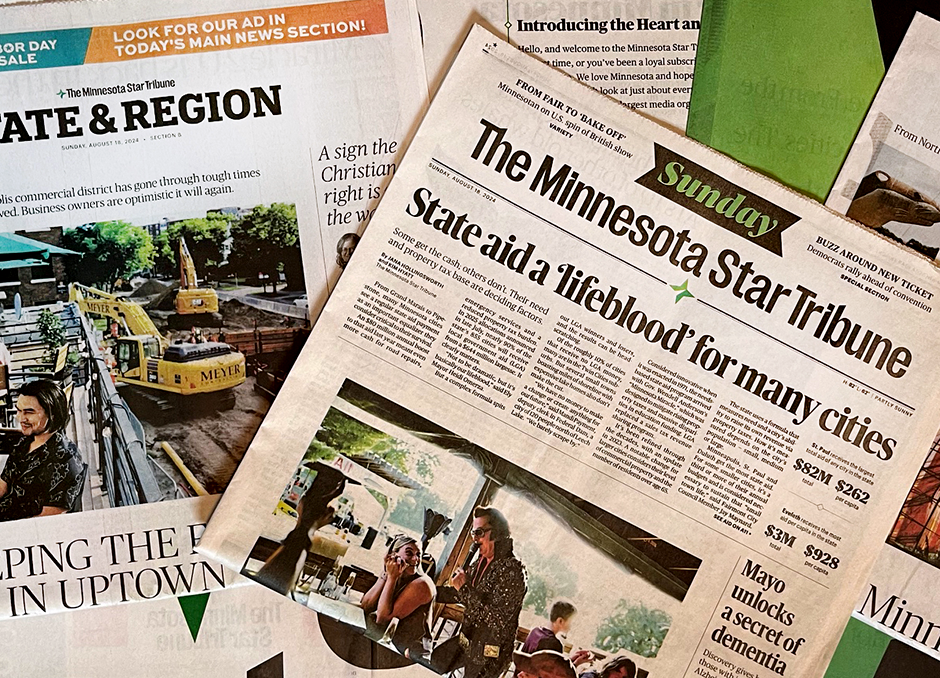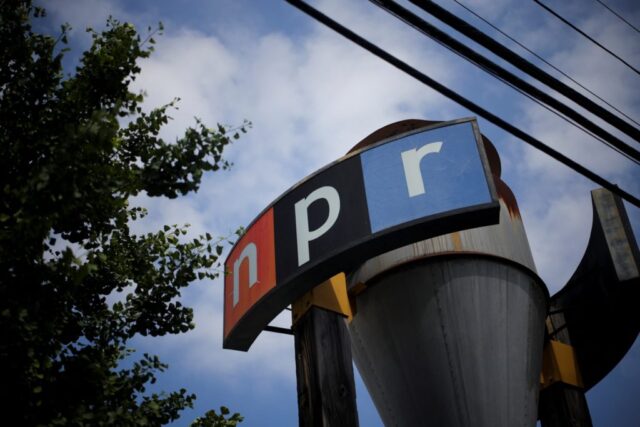Katherine Maher:
Well, it’s interesting because the executive order is very specific, in that it accuses NPR and PBS of not airing fair or unbiased news.
And so it is a textbook example of viewpoint discrimination from a First Amendment standpoint. Essentially, by blocking funding to NPR and PBS, it is a form of retaliation against our organizations for airing editorial programming that the president might disagree with.
The safeguards for our editorial independence go very far back. They go back to the Public Broadcasting Act. It was one of Congress’ sort of paramount objectives was to ensure that public media was independent from government influence. And so you have the editorial safeguards that should exist for our organizations.
But then you also have the member stations. We have a network of stations across the country. In the case of NPR, that’s 246 stations. And the order functionally says that they can’t use their funding, federal or private, to be able to acquire programming for NPR, to remain NPR members, which is also a violation of their First Amendment rights for association and for editorial speech.

















































